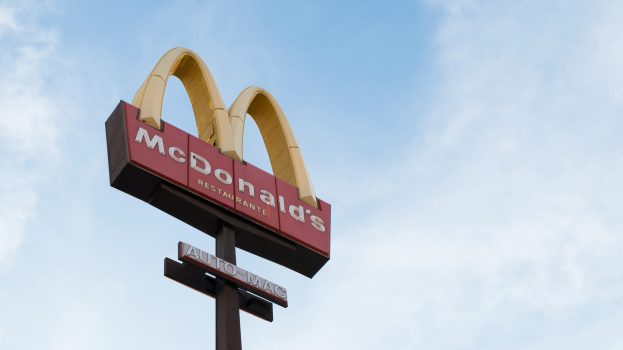The playing field for Montreal’s Guru Energy is a tough one for the comparatively small Montreal-based energy drink company.
Three major mainstream players – Red Bull, Monster and Rockstar – take up about 90% of the market share, says Carl Goyette, VP of sales and marketing for the nearly 20-year-old brand.
That means a challenge for Guru Energy, whose value proposition is around organic and natural ingredients, that’s been twofold: standing out on shelf alongside those big players, but also proving why it’s unique. “One of our biggest challenges is to differentiate ourselves in the minds of consumers,” Goyette says.
In part, it’s taken on the latter challenge recently by innovating with its line and adding monk fruit – an ingredient from Southeast Asia common in Chinese medicine – as a natural sweetener to its Organic Lite drink. Specifically, Guru says the ingredient has “300 times” the sweetness of white sugar, with the whole canned drink only having 20 calories.
The move is one Guru says is a first for Canada but is consistent with the brand’s differentiation strategy. All of Guru’s products, which include energy drinks and flavoured sparkling water, are certified organic ( through ECOCERT Canada) and are “verified GMO-free, gluten-free and vegan.”
And that puts Guru in a different space from competitors, Goyette says. Ultimately, its opportunity is with millennials (19 to 35), Goyette says. “They are the core generation of energy drink consumers,” he says, citing internal research that suggests 50% consume energy drinks on a regular basis.
However, 74% say they’re scared of ingredients found in traditional energy drinks (skewing higher than the 50% of the general population who feel that way), he says. Therein lies the opportunity for Guru, which has been growing around 30% year-over-year for the past few years, according to Goyette.
Guru currently sells throughout North America, both online and in-store, with a heavier in-store presence in its native Quebec (in English Canada, distribution is more limited to organic-focused retailers like Whole Foods, whereas in Quebec, its placement is in convenience and grocery stores alongside more mainstream drinks). That, however, can lead to confusion for consumers, so product changes like this monk fruit move are also important for its continued differentiation strategy, Goyette says. The Quebec market, along with California, are the two major priorities for the brand as it grows, he says.
























